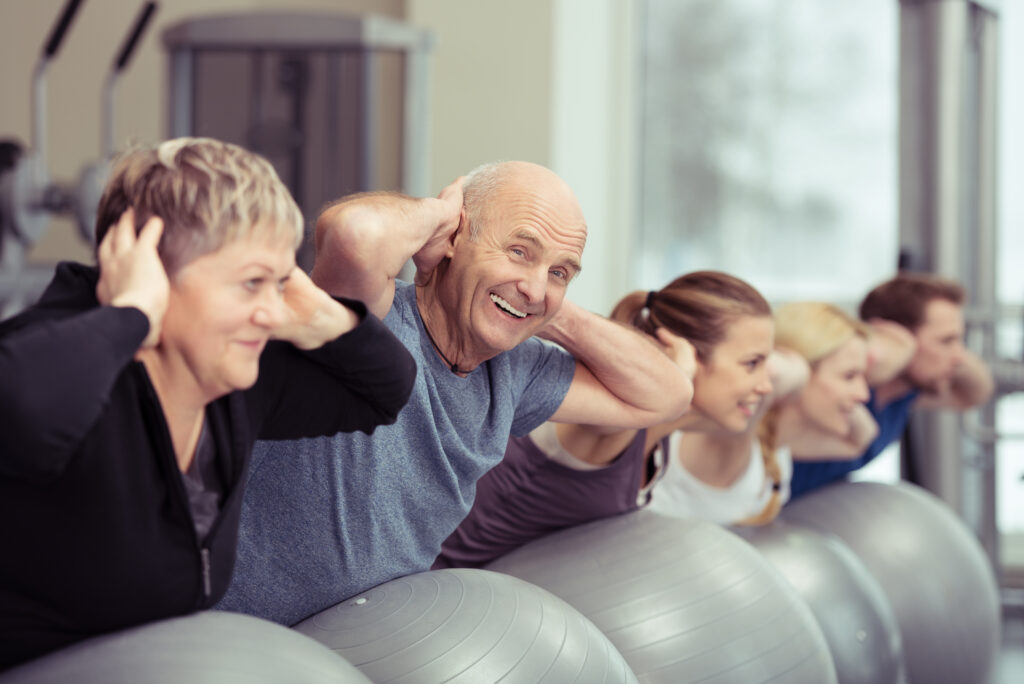
How Physical Health Affects Your Mental Health
There is more to good health than a healthy weight and an active lifestyle. It also doesn’t simply mean being disease-free. Good health is about both your mind and body.
Many people make the mistake of believing physical and mental health are separate from one another. However, one affects the other, which is why it is important to actively care for both. Find out how your physical health affects your mental health, and vice versa.
The Connection Between Mental and Physical Fatigue
According to a study by researchers in Wales in the UK, participants who were mentally fatigued prior to a challenging exercise test reached exhaustion at a much quicker rate in comparison to those who were mentally rested. In fact, they stopped exercising 15% earlier, on average. This proves that rest following tension or stress is essential before a physical day, as it will provide your body with the fuel it needs.
Mental Health and Chronic Conditions
The relationship between mental and physical health is evident when it comes to chronic conditions. It is widely believed that poor mental health can increase a person’s risk of a chronic physical condition.
People living with a chronic condition are also more likely to experience poor mental health. There are, however, ways to prevent mental and physical health issues from arising, such as consuming nutritious foods, increasing physical activity, and social support.
Physical Injuries and Mental Health Conditions
It doesn’t matter if you’re an athlete, active person, or infrequent exerciser, a physical injury will make you realize you are not invincible. Beyond the physical pain sustained, an injury can also knock a person’s confidence.
It could also make you feel sad, depressed, fearful, or anxious, which can make you feel vulnerable once you return to exercise. If you have experienced an injury, it’s important to get to the source of the problem, instead of just treating the symptoms. To do so, get in touch with Airrosti today.
Physical Fitness Equals Mental Fitness
Various studies have found seniors who are more physically active often have a bigger hippocampus and improved spatial memory in comparison to seniors who aren’t as physically fit. The hippocampus is believed to determine approximately 40% of an adult’s advantage in spatial memory, which proves that keeping physically fit will result in greater mental fitness as you age.
Exercise is a Natural Antidepressant
It is widely understood that exercise is a natural antidepressant, as it results in the release of endorphins in the body and can increase activity within the hippocampus. It can also increase the production of various types of neurotransmitters that can lift a person’s mood.
So, exercise will not only transform your physical health, but it can make you a happier person, which can reduce symptoms of depression, anxiety or stress in the body. After a long, difficult day at home or at the office, hit the gym, go for a run, or take a walk in the great outdoors. You’ll feel better for doing so.